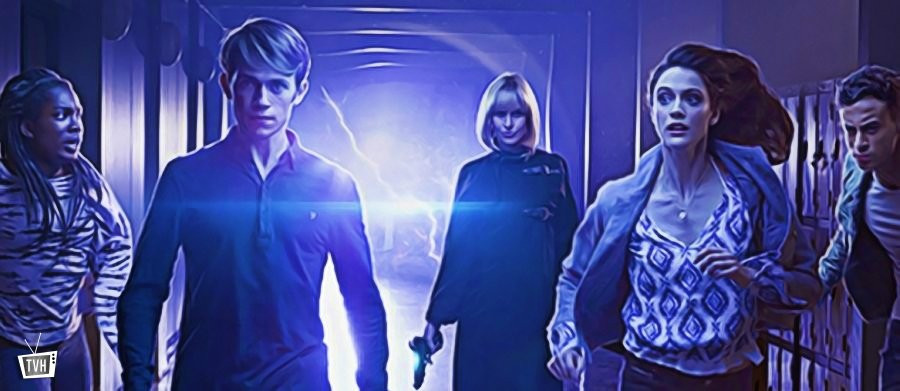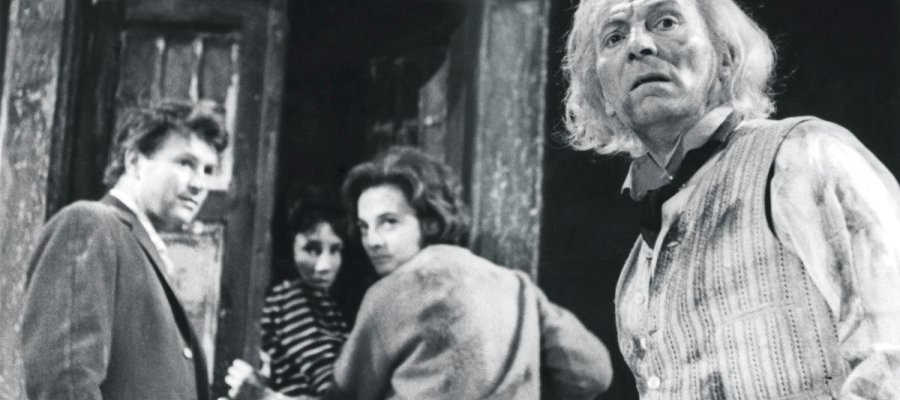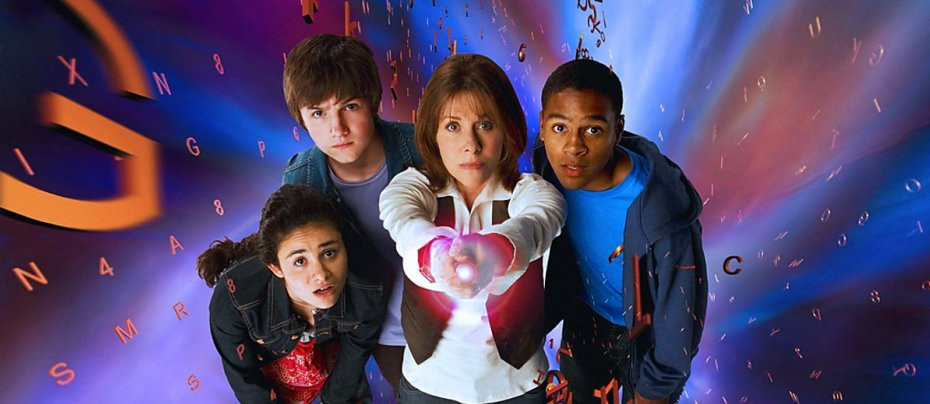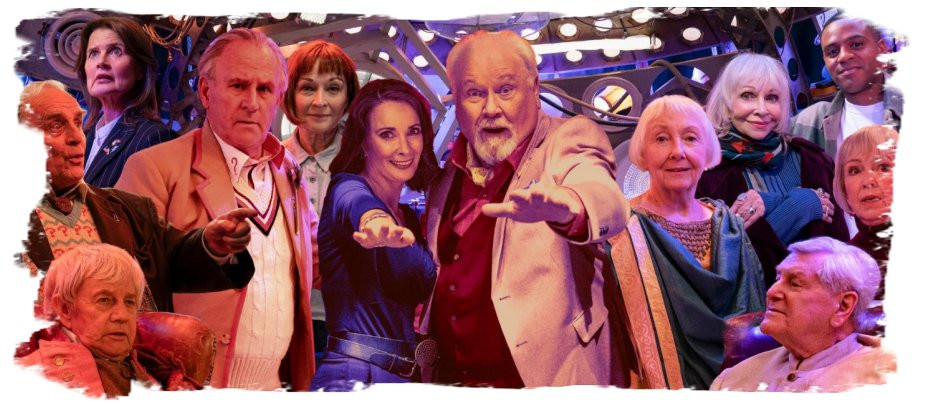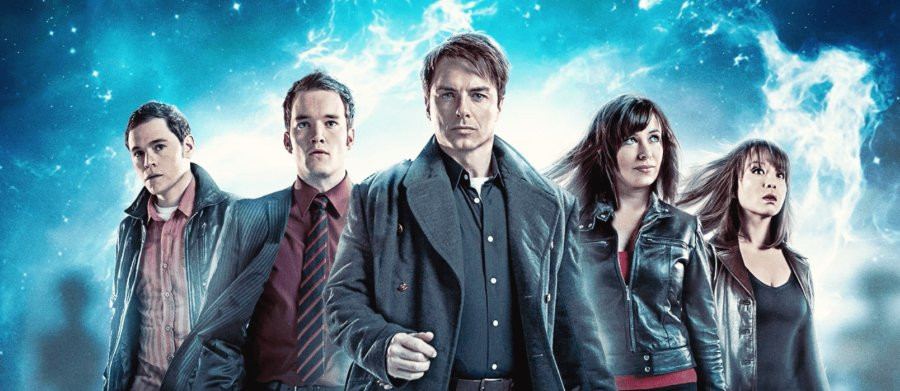The Missing Adventures: Mangara
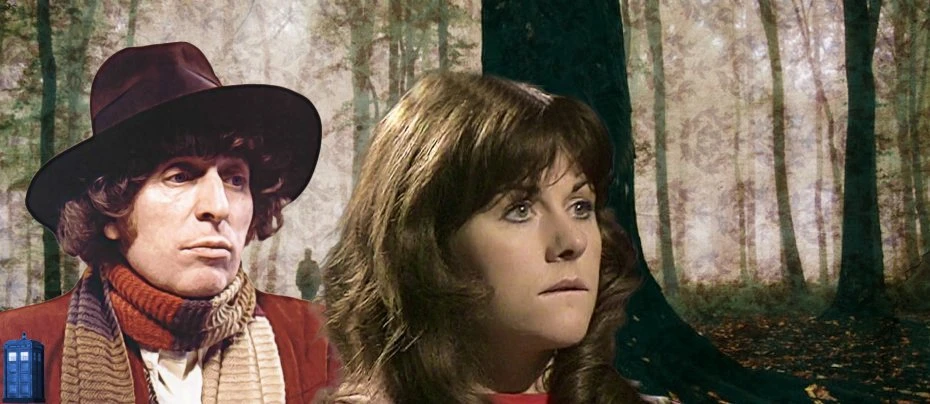
Novel by Stephen Marley
Doctor Who: The Missing Adventures- Book 14
Published in September, 1995
Published by Virgin Publishing
Review written by Miles A. Reid-Lobatto
"Europa is infested by ghosts, vampires, werewolves, ghouls and other grotesques spawned from old European folklore. I think we're in a spot of bother, Sarah."
Europa, designed by lunatics a thousand years in the future, is a resurrected Europe that lives in an imaginary past.
In Europa, historical figures live again: Lord Byron combats Torquemada's Inquisition, Mary Shelley is writing her sequel to Frankenstein and Cardinal Richelieu schemes to become Pope Supreme while
When the Doctor and Sarah arrive, they are instantly accused of murdering the Pope. Aided only by a young vampire hunter and a revenant Byron, they confront the sinister Theatre of Transmogrification in their quest to prove their innocence.
-Back Cover blurb
#NonemoreGoth
Doctor Who is a potential boon to every writer with a novel or two in the trunk. The flexibility of the format allows the potential for any idea or world to be one where the Doctor can VWORP into and cause trouble. Which means that any idea can easily be put to good use as a Doctor Who story. This is fine, Doctor Who doesn’t have the greatest track record of taking other people’s ideas completely wholesale and, if you really want to be complex about the whole thing, how many of the finest works of art been someone taking someone else’s idea and giving it their own unique spin. Nothing wrong with taking your unpublished work out of the trunk, doing some excessive reworking and you’ve got a potentially sellable Doctor Who novel.
Sadly, it doesn’t always work.
Managra by Stephen Marley has a fascinating idea for a world. A far-future Earth rebuilt into a renaissance festival equivalent of the 18th century, where clones of long dead poets and artists live alongside vampires and ghosts of folklore. If anything, it reminds me of the long running Japanese novel series (and it’s two enjoyable films) Vampire Hunter D where Hammer Horror style vampires ride robot horses. The idea is sound, the imagery is perfect. With this novel placed slap bang in Doctor Who’s most loving emulation of Gothic Horror, this should be a shoe-in for certain success.
Sadly, it doesn’t always work.
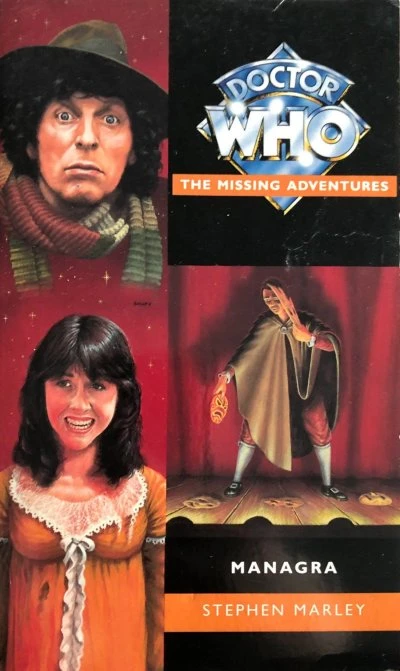
I’ve been having a discussion with a friend the last few days. He’s working on a fantasy story and he’s been focusing on the world first, to build it up, to set the rules, to make sure that there is a physical sense to him on how everything works and fits together (so it can be broken.) and I had to begrudgingly admit that in my own fiction, that isn’t really how I operate. For me, it’s very much the characters and the story that you build first and then create a world around them that will occupy and challenge them. Neither idea is wrong, but I’ve been struggling for weeks on how to put into words my unfortunate dissatisfaction with this book and that might simply be it. Managra is a story about a world first and the characters second, but since most of the characters we are presented with are mostly reconstructions of characters in our own history, they also feel as part of the world and merely just setting.
While the setting is an interesting one, I feel that it very rarely gets the time to breathe, or at the very least, any real actual time to have Europa feel like nothing more than a glorified theme-park. With the exception of Miles Dashing (the true hero of the novel), we don’t get many characters who aren’t reconstructions of the dead, we’re told about a collection of the Three Musketeers, brought to life using cloned versions of their movie counterparts and much to my disappointment (and to the disappointment of Sarah’s lust for Michael York) never actually meet. So many historical characters clashing against each other, there’s no sense of feeling like this could be a real place. That’s what made Robert Holmes and Russell T. Davies such skilled writers, they could flesh out entire worlds with a single line of dialogue or a two-minute scene with a plumber from the future. That’s what Managra is deeply missing, in our madcap dash through the Vatican to a simulacrum of Hell itself, to a spooky forest to gothic manor houses and back again, there’s never the sense that any of this could be real. We have a history, or rather, we have a history sketched in through the backstories of Lord Byron or Mary Shelley, but we never have a present sketched in. So much thrown at us for flavour, until all we have is flavour and not enough nutrition. The Vampires are a neat touch, but can be easily removed. The Doctor’s past with Elizabeth Bathory (mentioned repeatedly, but never seen) is great, but could be taken out in an edit (also, it doesn’t help the Elizabeth Bathory stuff could almost be it’s own, more interesting novel) and you could help develop what is there to much greater effect.
Sometimes, the most disappointing thing about a novel isn’t that a novel could be bad, it’s that a novel’s potential is just right there and you’re just one or two drafts away from something brilliant. I wish I could say I disliked this book, because dislike is easy to put into words. But dissatisfaction, or just that niggling sense of ‘Ohh, so close’ is much worse.
Because you had something right there.
And maybe it should have gone back in the trunk for one more pass.
Because then, it could have been brilliant.
Instead, it’s just ‘Missing.’



